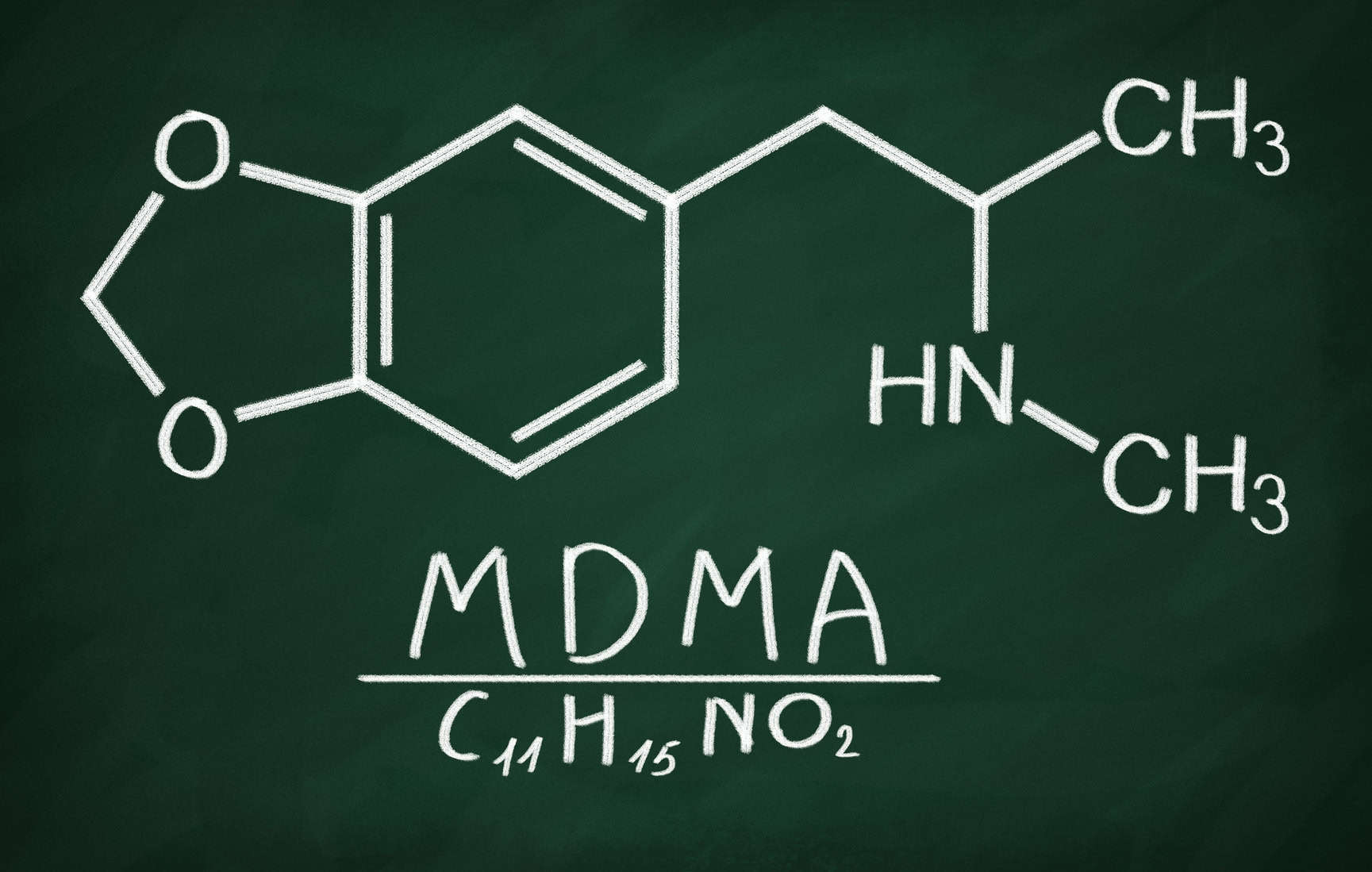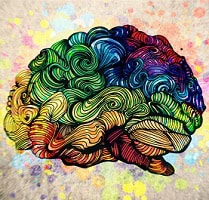What is Considered Binge Drinking? (Hint: It's Not Just a College Fad)
Posted on October 4, 2019
by Thaddeus Camlin, Psy.D.
The term ‘binge-drinking’ generally conjures up images of frat boys in pastel polos guzzling litres of PBR out of a homemade beer bong, or something along those lines. The stereotype is that binge-drinking is a college thing, not a mature adult thing. The truth, according to the current dean at USC’s School of Social Work, is that binge-drinking is on the rise amongst adults in their 40’s, 50’s, and 60’s. A 2017 survey conducted by the Center for Behavioral Health Statistics and Quality found that over 30% percent of men 26 years or older binge drink, and under 40% of men ages 18-25 binge drink – a difference in percentages pretty close to the margin of error in many surveys. Based on recent findings, the stereotypical binge drinker may be about as l...
full story










